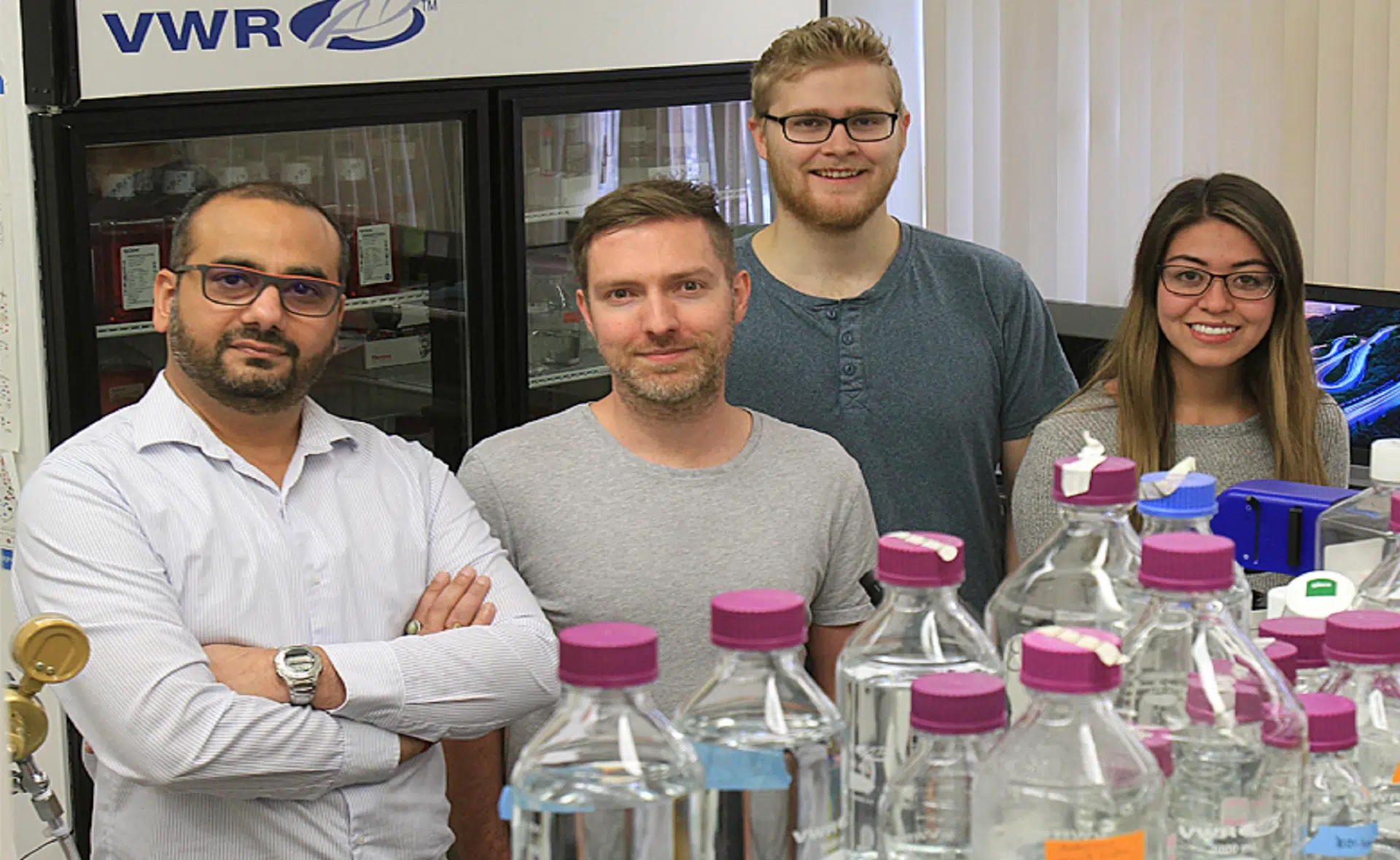
University of Lethbridge researchers hope to uncover mysteries of deadly Glioblastoma
LETHBRIGE – It’s a particularly aggressive and deadly form of cancer. The same disease that took the lives of the Tragically Hip’s Gord Downie, US Senator John McCain and Actress and Singer Ethel Merman.
Glioblastoma (GBM) is a type of brain cancer with a survival rate of only about 15 months. Even after chemotherapy, removal of the tumour and radiation therapy, not much seems to stop the cancer cells from evading death.
“We are trying to understand how these cancer cells bypass cell-death pathways,” explains Dr. Nehal Thakor, a professor in the Department of Chemistry and Biochemistry, and Campus Alberta Innovation Chair of Synthetic Biology and RNA-based Systems.
His team of University of Lethbridge researchers is trying to uncover what makes GBM so deadly, with the hope that their results could lead to new therapeutic interventions in the future.


